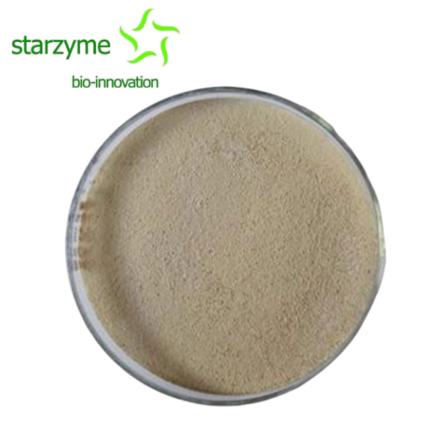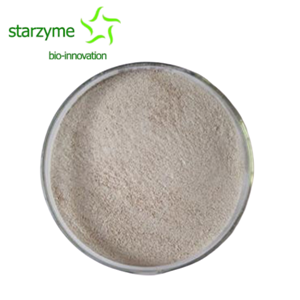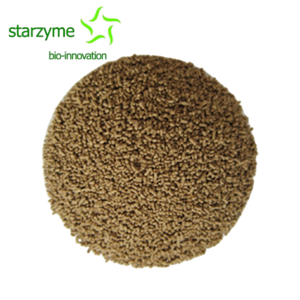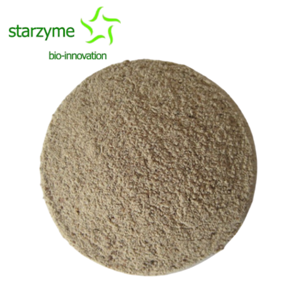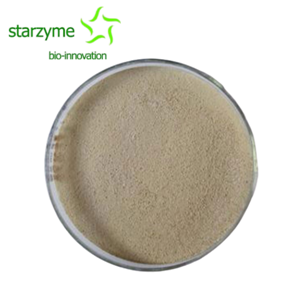Pharmaceutical Research of Bacillus coagulans
Introduction
Bacillus coagulans, Gram positive, belongs to the phylum Firmicutes. Bacillus coagulans belongs to the genus Bacillus in taxonomy, with rod-shaped cells and Gram positive bacteria. This article will delve into the pharmaceutical research of Bacillus coagulans, specifically its resistance to antibiotics and stomach acid, the metabolites of its fermentation, and its high stability. It decomposes sugars to produce L-lactic acid, which is a homologous lactic acid fermentation bacterium.
Pharmaceutical Research
No Drug Resistance
The TBC169 strain of Bacillus coagulans has been tested by the China National Institute for the Control of Pharmaceutical and Biological Products to be sensitive to antibiotics such as ampicillin, neomycin, cefuroxime, cefotaxime, chloramphenicol, furazolidone (Ritalin), compound sulfamethoxazole, and norfloxacin.
Metabolites of Fermentation
After oral administration, Bacillus coagulans TBC169 colonizes the blind, colon, and rectum, fermenting to produce a large amount of antibacterial coagulants, lactic acid, amino acids, vitamins, and various digestive enzymes.
Resistant to Stomach Acid
The survival rate of Bacillus coagulans TBC169 treated with artificial gastric juice (pH 1.4) for 2 hours was 95.29% (162/170), the survival rate of Bifidobacterium was 5.20% (7.7/148), and the survival rate of Lactobacillus was 5.50% (8.69/158). Research has shown that it has strong tolerance to acidic conditions in artificial gastric juice, and its survival is not affected, significantly better than other microbial preparations. It can smoothly enter the intestine through the stomach, ensuring the normal efficacy of the drug.
High Stability
After sealing Bacillus coagulans TBC169 in a plastic bottle and placing it in a 55 degrees celcius drying oven for 60 hours, the results of measuring the number of viable bacteria showed that it was still not less than 100 million cfu/g, and there was no significant change in moisture content. Other indicators such as morphology, loading differences, and miscellaneous bacterial detection all met national requirements. This indicates that the product has good stability. This is mainly due to the unique fermentation production process, which makes its preparation highly temperature tolerant. The TBC169 preparation of Bacillus coagulans can be stored at room temperature and has an expiration date of up to 24 months.
In conclusion, Bacillus coagulans is quite a unique bacteria, with many uses. It can produce lactic acid, yet is classified as a Bacillus. It is extremely important in the industries of animal husbandry, and pharmaceutics.

